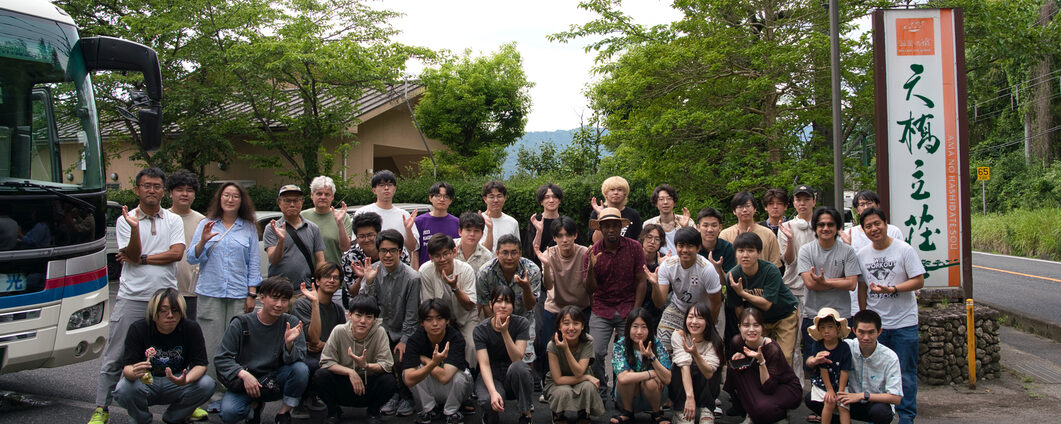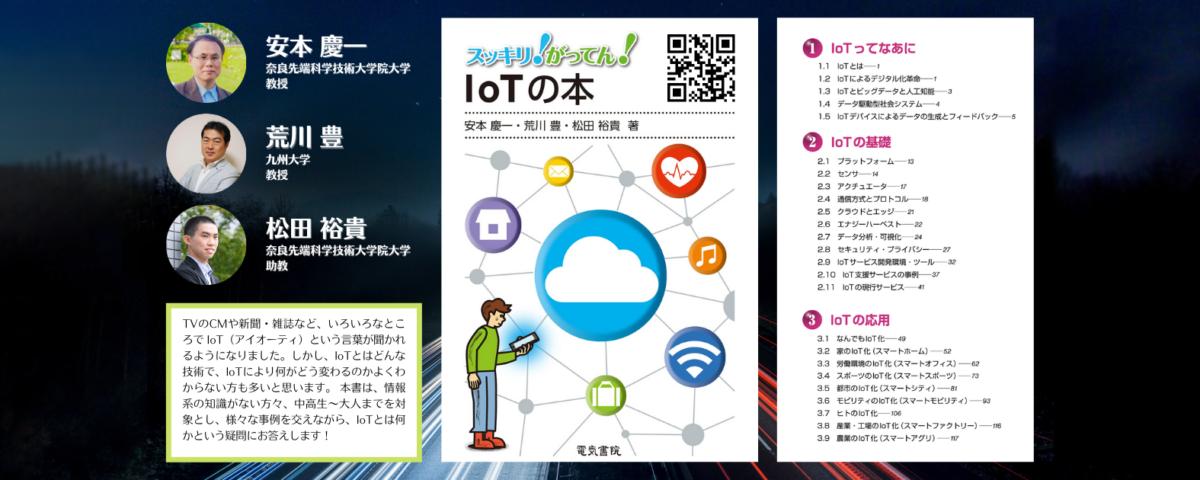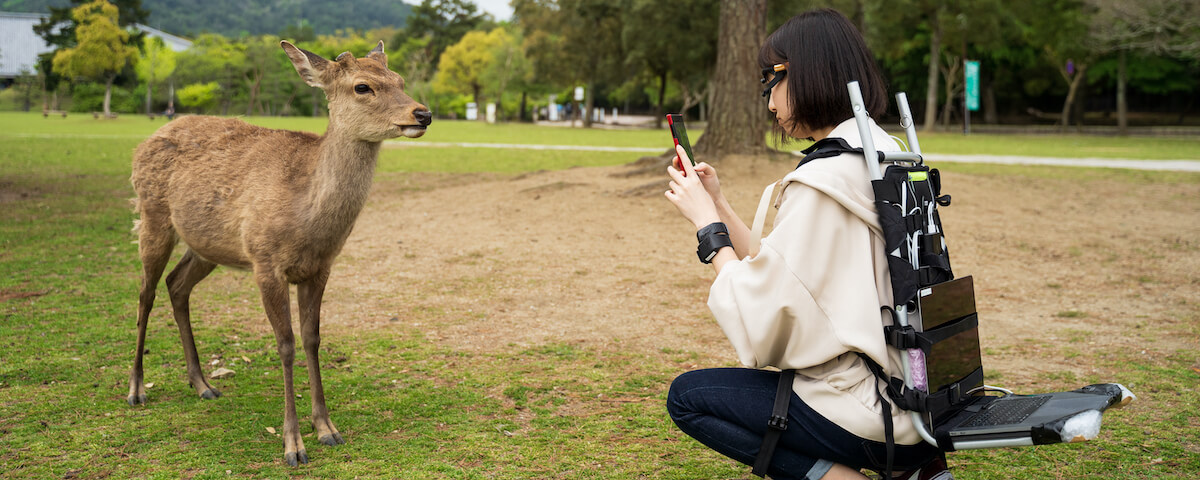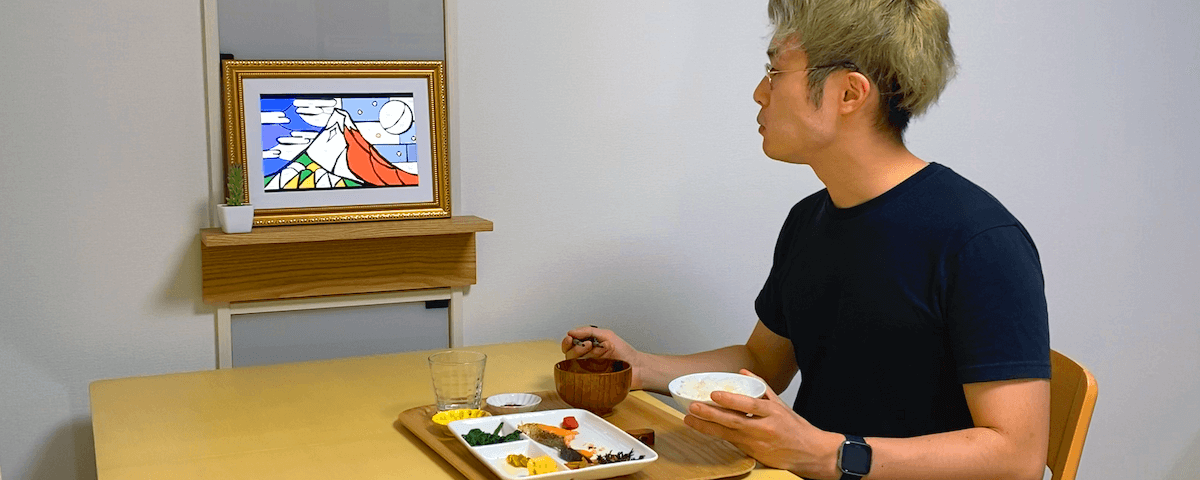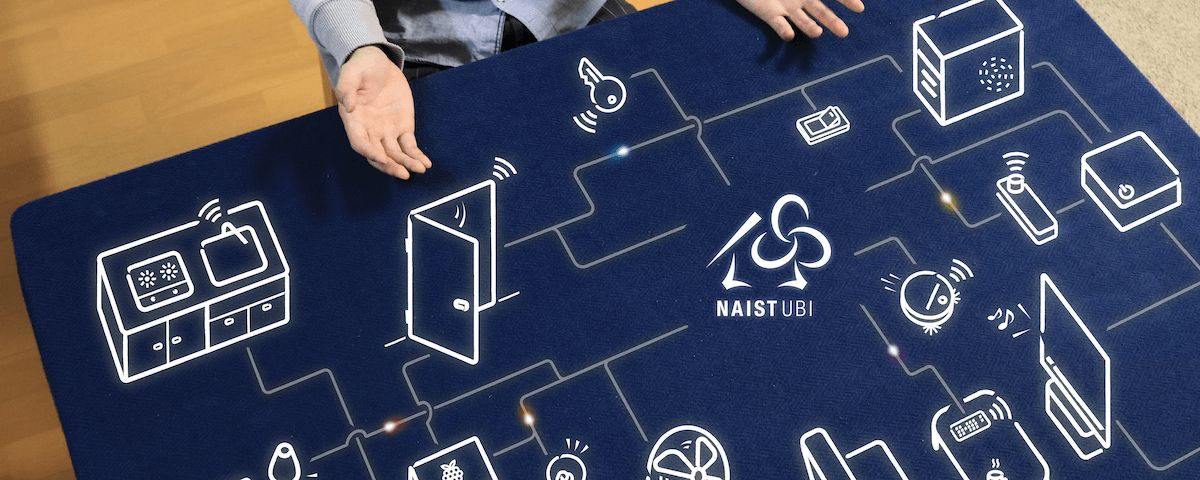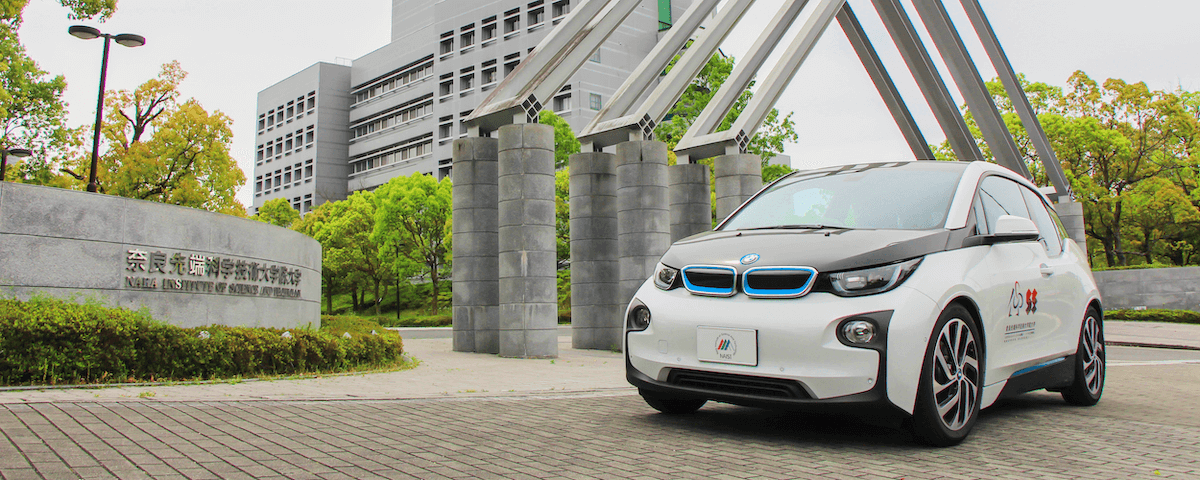NAIST Ubiquitous Computing Systems Lab.
Ubiquitous computing systems utilize a lot of sensors and embedded/mobile devices in a harmonious manner and efficiently provide users with sophisticated services by recognizing contexts of real world. Our Lab., Ubiquitous Computing Systems Laboratory (UBI-Lab), led by Professor Keiichi Yasumoto at NAIST (Nara Institute of Science and Technology), focuses on various challenging issues in realizing ubiquitous computing systems.

Make our Life smarter
In our laboratory, we set three target areas and promote research, with the aim of making our society smarter through cyber physical system (CPS) technologies that link the real world and the cyber world.
- In “Smart Home” area, we conduct research on recognition and prediction of activities of daily living as well as intelligent home appliance control utilizing sensors and machine learning in the testbed living environment of 1LDK installed in the university.
- In “Smart Life” area, we are working on research to measure and improve the degree of physical and mental health in everyday life and sports using smartphone applications and wearable devices.
- In “Smart City” area, targeting tourism, we conduct research on efficient participatory information collection by means of gamification and curation that creates valuable information by selecting and summarizing the collected information. Furthermore, to realize smart offices with the aim of improving productivity, we are starting research on behavior change in addition to various context recognition during work.
All researches are conducted over three technical areas: “data collection from real world” using sensors and IoT devices, “data analysis” using machine learning and AI technologies, and “feedback of analysis results” such as applications and services. We strive to make every outcome of research work as a system that includes hardware and software implementations.
NEWS
-
Four presentations at IEEE AIoT 2025
-
A presentation at PKAW 2025 (PRICAI Workshop)
-
Seven Research Contributions Accepted to ICDCN 2026
-
A presentation at Wellcomp 25 (UbiComp Workshop)
-
Presentation at ICMU’25
-
IPSJ Yamashita SIG Research Award
-
Best Presentation Award at The 21st International Conference on Intelligent Environments (IE 2025)
-
Poster Presentation at HCI International 2025
-
A presentation at HCII’25
-
Conference Presentation at The 21st International Conference on Intelligent Environments (IE 2025)
Blog
NAIST UBI Blog is moved to "medium.com".

